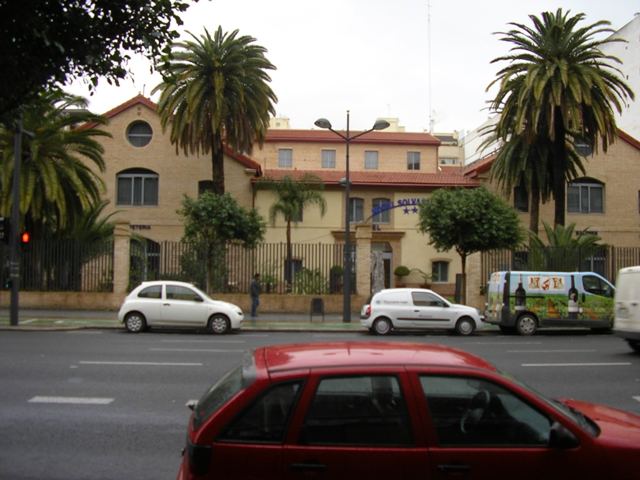José Antonio Marina: ‘Learnability: the ability to learn quickly and with enjoyment’
The renowned philosopher, educator and Spanish author will give a conference at the Fundación Bancaja on Thursday, 27 April for Caxton College’s 6th Forum for Innovation in Education.

Six years ago, this British school located fifteen minutes from the city of Valencia decided to organise an annual event to focus attention on innovation in education through conferences by national and international specialists from a variety of professional backgrounds. In keeping with this aim, over the course of the years anthropologists, neuroscientists, AI experts and lecturers from prestigious institutions in the USA, UK and Spain have been the speakers at this forum and have shared their compelling educational vision with the Valencian public.
“From the start of this initiative seven years ago, our objective was to be able to share the talents of figures from the world of academia and science with the entire educational community, providing inspiration for application in the classroom’, said Amparo Gil, Principal of Caxton College.
For this sixth edition, Caxton College has invited professor José Antonio Marina to give the conference. With more than fifty published books on the study of intelligence, he will speak about the crucial question: ‘What should we be teaching students to prepare them for jobs that haven’t yet been invented, for dealing with unknown concepts or for facing problems we cannot even imagine?’.
It will surely be valuable to find out what skills we should be instilling in our students and children to ensure they have a promising future as individuals and professionals in a world that will be dominated by technology, where many professions have not yet been invented and where today’s professions may be diminished or even disappear.
In his talk, Mr Marina will show us that we have entered the age of learning, which is governed by an inexorable law: ‘In order to survive, every person, business or society needs to learn at least as quickly as their surroundings change. And if they want to progress, then they must learn more quickly’. Therefore, he said, ‘We must continue to learn throughout our lives, and that requires us to change our mentality and employ any means necessary’.
With this paradigm shift, education must continue to advance and adapt to the demands of social and workplace transformations. On this point, the philosopher from Toledo said, ‘When I ask human resource directors what skills they value most highly among job applicants, they often agree on one: learnability, the ability to learn quickly and with enjoyment. This is an attitude that we must promote at schools and throughout society. In coming years, collaboration between neuronal and digital intelligence will become more intense due to the growth of artificial intelligence systems, which will cause profound changes in the way we use our intelligence’.
The Vice Principal of Caxton College, Marta Gil, said, ‘All of our teachers and families must work together to respond in the best way possible to the educational challenges we are facing. We need to become increasingly connected so that we can exchange the principal ideas we will need to strengthen our educational system for an uncertain and unpredictable future. At this point there is no room for rivalries or competition; now is the time for cooperation and consensus’.
Attendance at the conference is free of charge but advance registration is required here.





Recent Comments